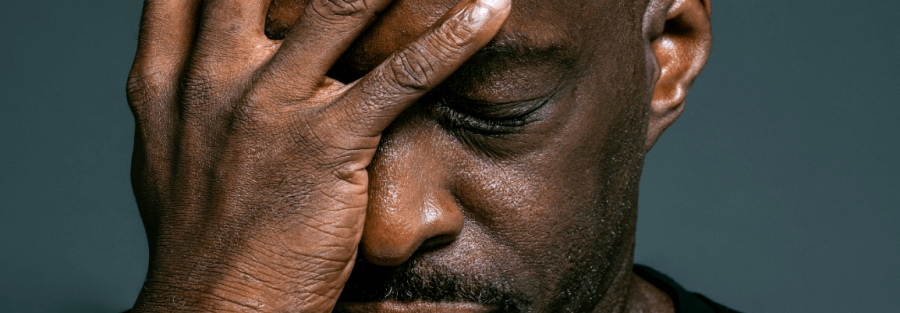Our fathers, partners, brothers, and friends are facing a hidden health crisis. Men are dying at an alarmingly young age.
This November we acknowledge all the men struggling with mental health.
On average, 13 men each day take their life by suicide globally.
Men are less likely to seek mental health care than women because of a variety of social constraints, including gender-role stereotypes, the idea that counseling is a sign of weakness, and austere cultural norms. Men are typically reluctant to talk about their mental health issues because of stress or fear, as well as pressure from society to seem tough, stoic, and emotionless.
Stigma can be seen as one of the most damaging and challenging obstacles that one must overcome when trying to access adequate mental health care in society.
“Boys don’t cry!”
“Keep it to yourself!”
“Man up!”
“Be a man!”
Society frequently views ideas like unfair gender roles and societal stigmas as being too difficult to analyze and explore because of their complexity. So how can one inspire men to think differently about their emotions and mental health and contribute to a shift in how society perceives masculinity?
In order to start the conversation, it works to create safe conditions. To further de-stigmatize men’s mental health and assist men in receiving appropriate mental health support, it is crucial to provide access to appropriate information and evidence-based treatment alternatives.
In fact, males reported a great readiness to use the internet to seek mental health care, according to a study on men’s views about mental health.
Therefore, there is a critical need to offer effective and conveniently accessible mental health treatment alternatives given the societal pressures, cultural norms, and beliefs that discourage men from seeking therapy and addressing their mental health difficulties. Online mental health tools and programs are potential therapy choices for males since they offer a far higher level of privacy, self-direction and autonomy in emotional disclosure.
Consider the following before you tell men to “man up”:
Men get depressed
Men get anxious
Men have suicidal thoughts
Men have mental illnesses
Instead say “I am here for you, let’s talk about it”.
Let us work year-round with our global men’s health partners and academic and medical institutions to ensure we accelerate improvements to one of the biggest health issues faced by men.

